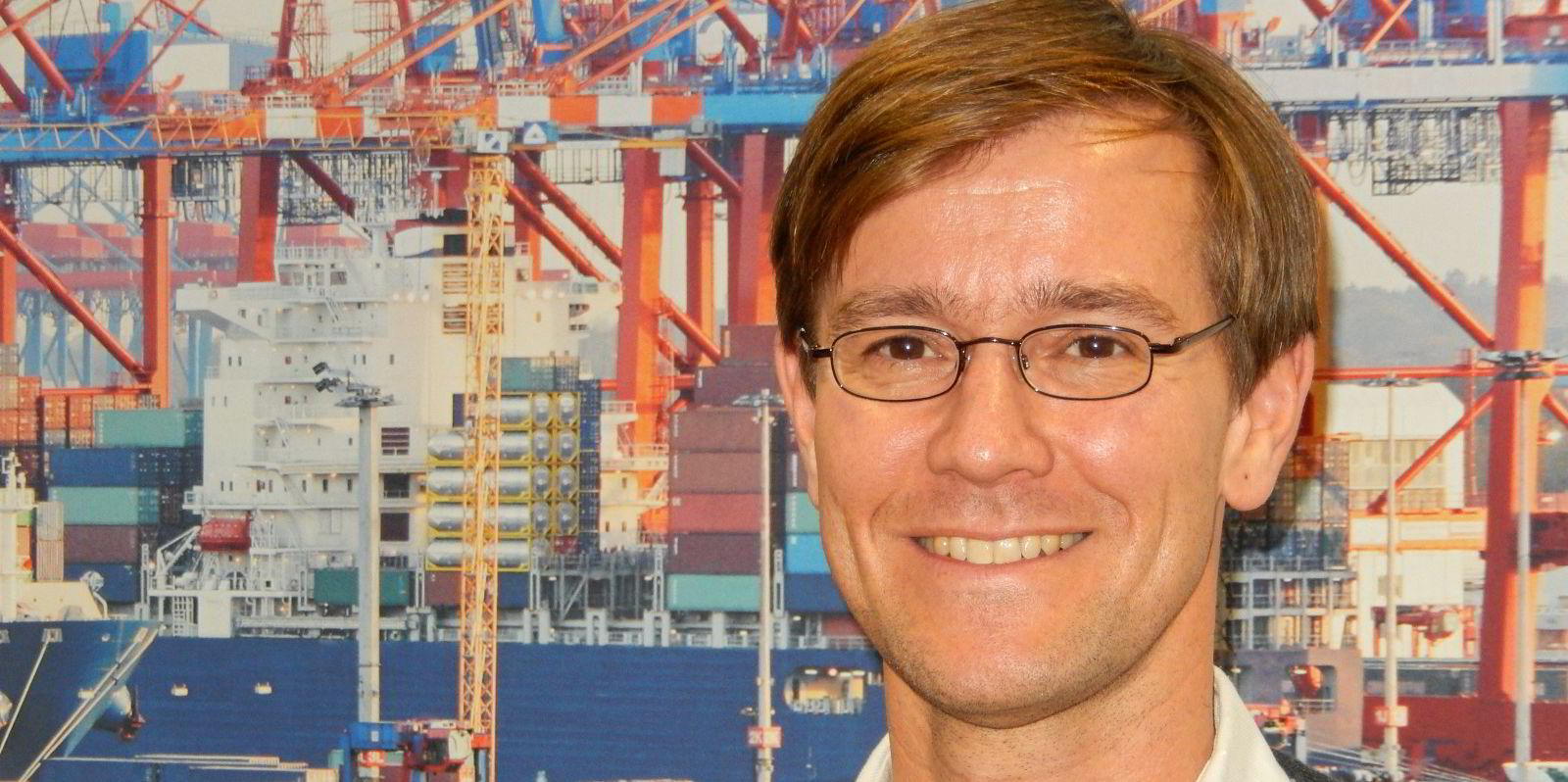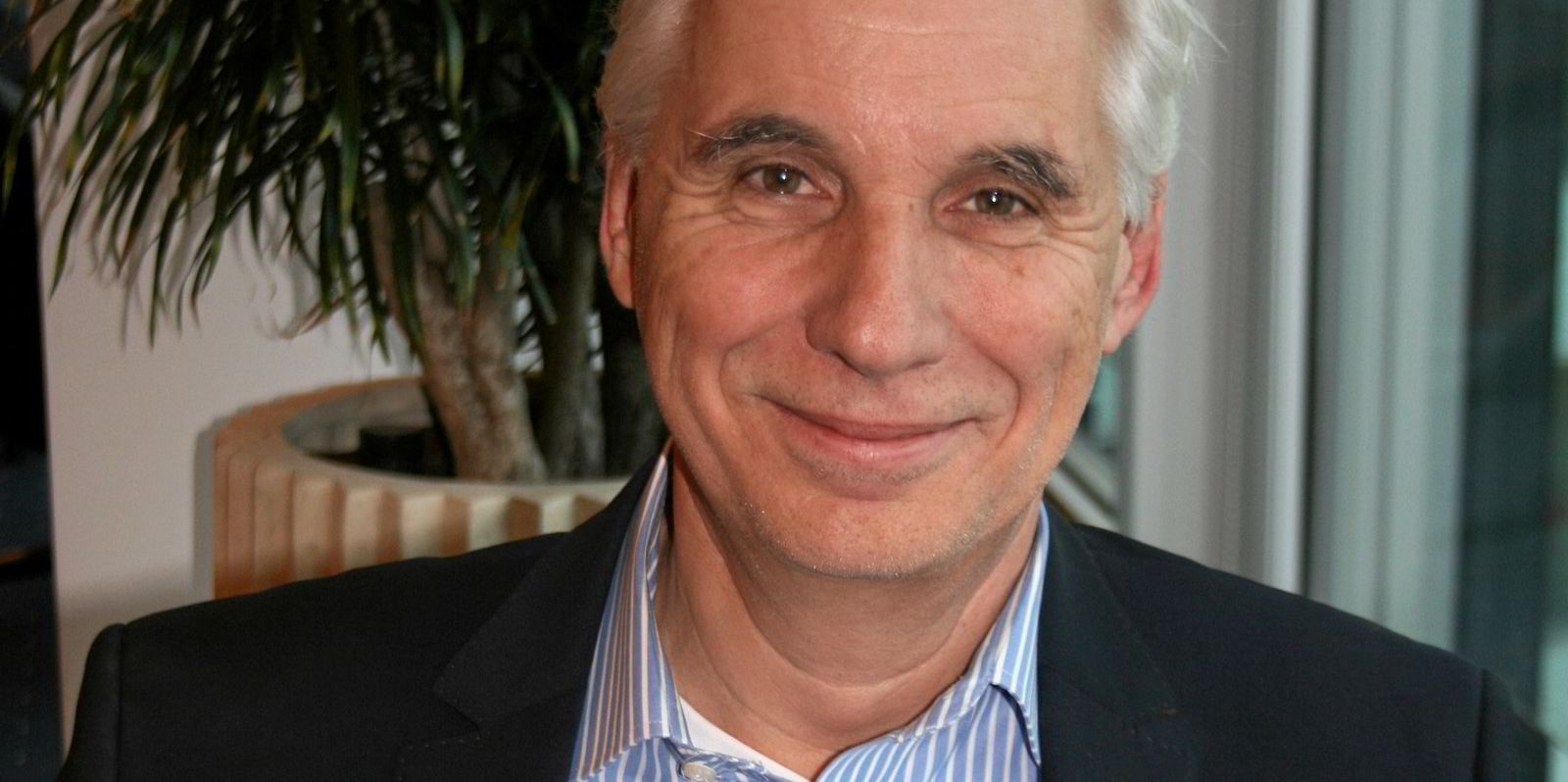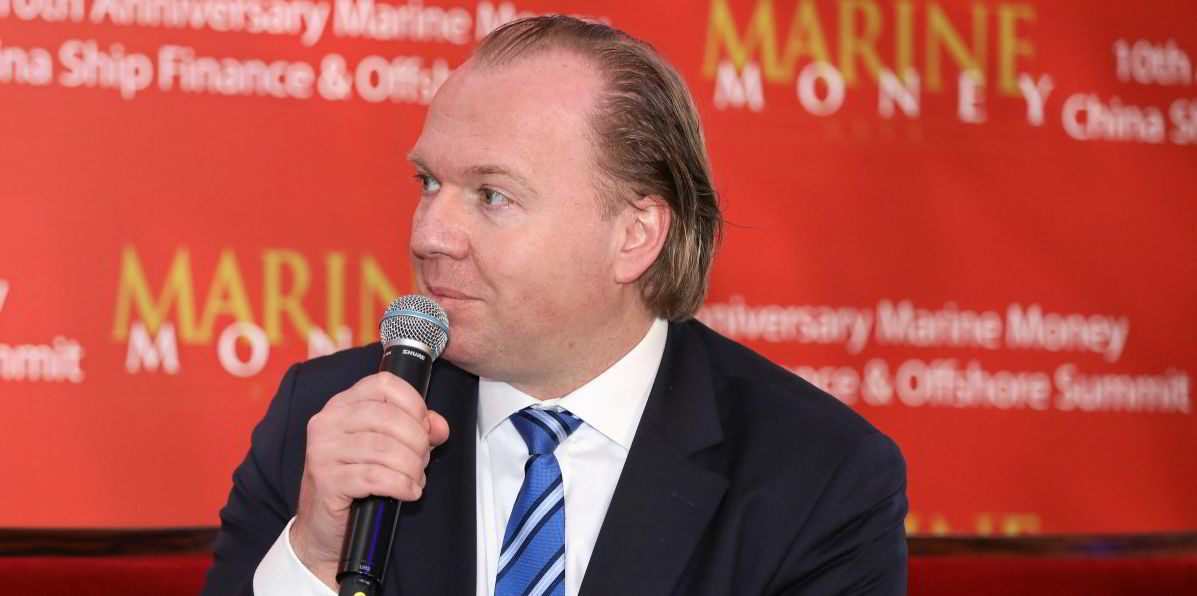The coronavirus crisis has not dented confidence in German ship-finance circles, thanks largely to a revival in the container markets.
“It’s like manna from heaven this container market after a long period of starvation,” Jan Hagemann, managing partner of Hamburg-based corporate finance boutique Five Oceans, said.
“It finally brings more cash into the town," he added. "We just hope that it’s going to last, because for Hamburg it’s so important.”
Germany remains the world's hub for managing container vessels. So a booming boxship market has boosted the term charter rate-linked management fees earned by the German shipping community.
Sale-and-purchase activity has also picked up. Hagemann believes this indicates that the tide could be turning in terms of Germany buying more ships. If so, the managed fleet in Germany might start to grow again after a 10-year hiatus.
German banks still active
Financing in Germany slumped in the second and third quarters of 2020.
Banks were not lending due to uncertainty over where vessel values were going.
Arguably, finance from Chinese lessors was still accessible for players with healthy balance sheets. But lessors such as Bank of Communications Financial Leasing were only interested in big-ticket deals worth in excess of $50m.
In Germany, that limited interest to a handful of players, such as Hapag-Lloyd, Oldendorff Carriers and power company RWE.
That left a space for a handful of German banks that are prepared to finance small and medium-sized German owners.
Names such as Berenberg, Ostfriesische Volksbank, MM Warburg and Hamburg Commercial Bank remain keen on ship-finance deals.
Norway’s Maritime & Merchant is another active player. It recently refinanced a 10-year-old, 6,500-teu containership from a top German owner. It is also linked to the refinancing and acquisitions of two bulkers and a gas carrier.

Axel Siepmann, managing director of corporate financier Braemar Naves, said: “We still have a number of German banks active in shipping. "It’s smaller volumes, but maybe now it's healthier.”
Another source of finance for the traditional German owner-manager has been a small circle of local investors. Financing sources said medium-sized shipping companies such as Leonhardt & Blumberg have bought vessels using funds from friends and family.
Burkhard Sommer, deputy head of Maritime Competence Center of PwC Germany, argues the return of finance is crucial to the survival of the German maritime cluster.
“If we are able to find financial institutions to come back to Germany and open an office here, then we might be able to maintain the cluster here,” he said.
“If we’re not able to find an adequate solution, it will become more difficult.”
End of an era
The moves herald a new era in which the epoch of loan restructuring, which has dominated German ship finance, is coming to an end.
Siepmann believes this points to a more normal and healthier shipping market.
“Fifteen years ago, Germany was a very peculiar market because of the KG scheme,” he said. “Today, Hamburg is still a centre of shipping competence, but is more like any other centre.
“We’ve seen a few mergers of companies to create critical mass. But we’re really at the end of that trend. The shrinking [of the fleet] is done and we are left with a level that we can regard as representative for the years to come with ships coming and going."
“There are still a few problematic loans in Germany, but others are looking at projects.”
That could point to a period that Berenberg head of shipping Philipp Wunschmann described as an era of “equity recycling”.
Siepmann confirmed that some clients of Braemar Naves are buying back loans at partial discounts, including from German lenders.
But his own company is less reliant on the German market than it used to be and has expanded its operation outside of Hamburg.
A new team has begun work in Athens, in addition to existing offices in London and Singapore.
“A lot of projects are now cross borders these days,” he said.







